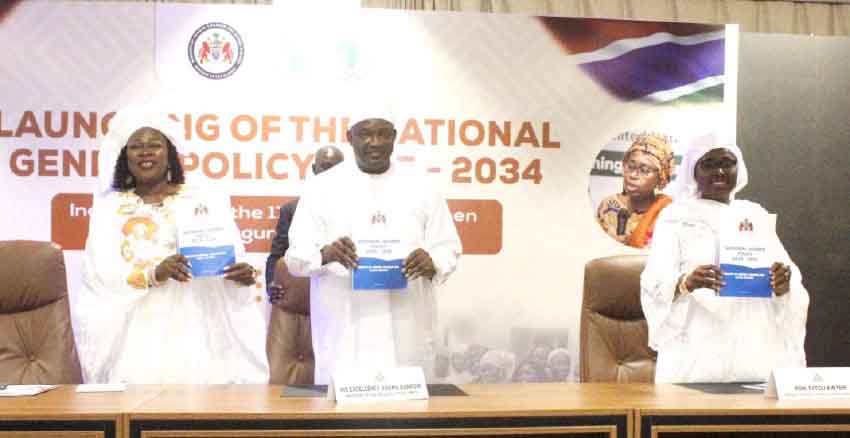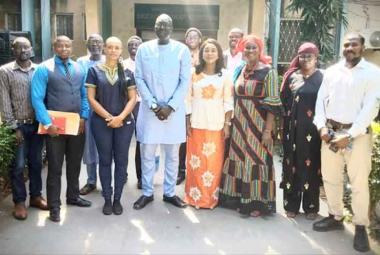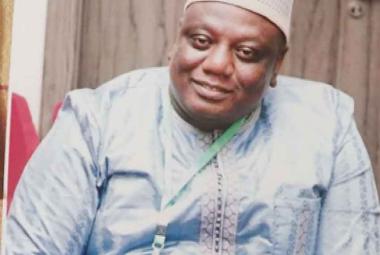By: Fatoumata Joof
The Ministry of Higher Education, Research, Science and Technology (MoHERST), in collaboration with the Commonwealth of Learning (CoL), last week held a day-long stakeholder consultative workshop for the development of a National Inclusive Gender Policy for the Tertiary and Higher Education Sector. The consultative meeting brought together stakeholders to share and discuss key issues of gender and how to incorporate those key interventions into the gender policy for tertiary and higher education sector. It is anticipated that the policy will help address various issues relating to gender inequality, inequity and disability as they affect access, enrolment, retention, and graduation of females and persons with disability at the tertiary and higher education level.
Speaking on behalf of the Permanent Secretary, the Deputy Permanent Secretary of the Ministry, Mr. Mucktarr M. Y Darboe, highlighted the significance of the gender consultative workshop highlighting that the gender policy marks a significant milestone in The Gambia’s commitment to gender inclusivity in education. Mr. Darboe further stated that the consultative workshop marked a bold step towards the Ministry’s desire to develop a National Inclusive Gender Policy for Tertiary and Higher Education, which is aimed at building a system that is fair, empowering and accessible to all.
DPS Darboe emphasized that MoHERST has recognized education as a foundational right that is essential for personal growth, social stability, and national progress. Thus, this has shaped the Ministry’s vision to develop an inclusive gender policy in tertiary and higher education to address barriers, promote equity, and cultivate an environment where every individual, regardless of gender, has an equal opportunity to succeed and contribute meaningfully to our society. “Our goal is not only to remove these barriers but to actively create systems that recognise and celebrate the strengths that diversity brings to the learning environment and beyond”, DPS Darboe asserted.
The Consultant, Dr. Aminata Sillah, highlighted the key objectives of the workshop and outlined that the session aimed to gauge stakeholders understanding of the current state of gender equality and inclusion in Gambian tertiary and higher education. Identification of key barriers and challenges faced by women and marginalised groups in accessing and succeeding in higher education; engage stakeholders in the co-creation of a comprehensive national gender and inclusion policy framework; and discuss strategies for effective implementation, monitoring and evaluation of the policy.
Demba Sallah, a participant from Gambia Telecommunications Multimedia Institute (GTMI) underscored the significance of the policy. He further stated that he is optimistic that, after the conclusion of the session, the Ministry will come up with a more inclusive gender policy, so that men and women, boys and girls, and persons with disability, are able to effectively contribute to national development.
The workshop sessions were moderated by the Ministry’s Gender Focal Person, Kumba Jammeh, who expressed gratitude to the Commonwealth of Learning (CoL), through their Gender Expert, Mig Alphonso, for supporting the Ministry to develop an inclusive gender policy for tertiary and higher education sector. She concluded that the Ministry’s initiative to develop a gender policy is groundbreaking, as it is, the first time, since the inception of the Ministry in 2007, that a policy on gender for tertiary and higher education is ever developed.







